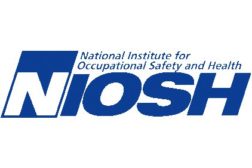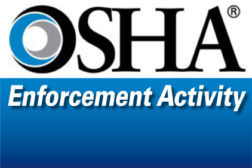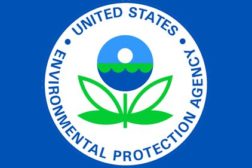Home » toxic chemicals
Articles Tagged with ''toxic chemicals''
California moves to regulate toxic chemicals in consumer products
Manufacturers will have to find safer alternatives
October 3, 2013
Become a Leader in Safety Culture
Build your knowledge with ISHN, covering key safety, health and industrial hygiene news, products, and trends.
JOIN TODAYCopyright ©2024. All Rights Reserved BNP Media.
Design, CMS, Hosting & Web Development :: ePublishing






